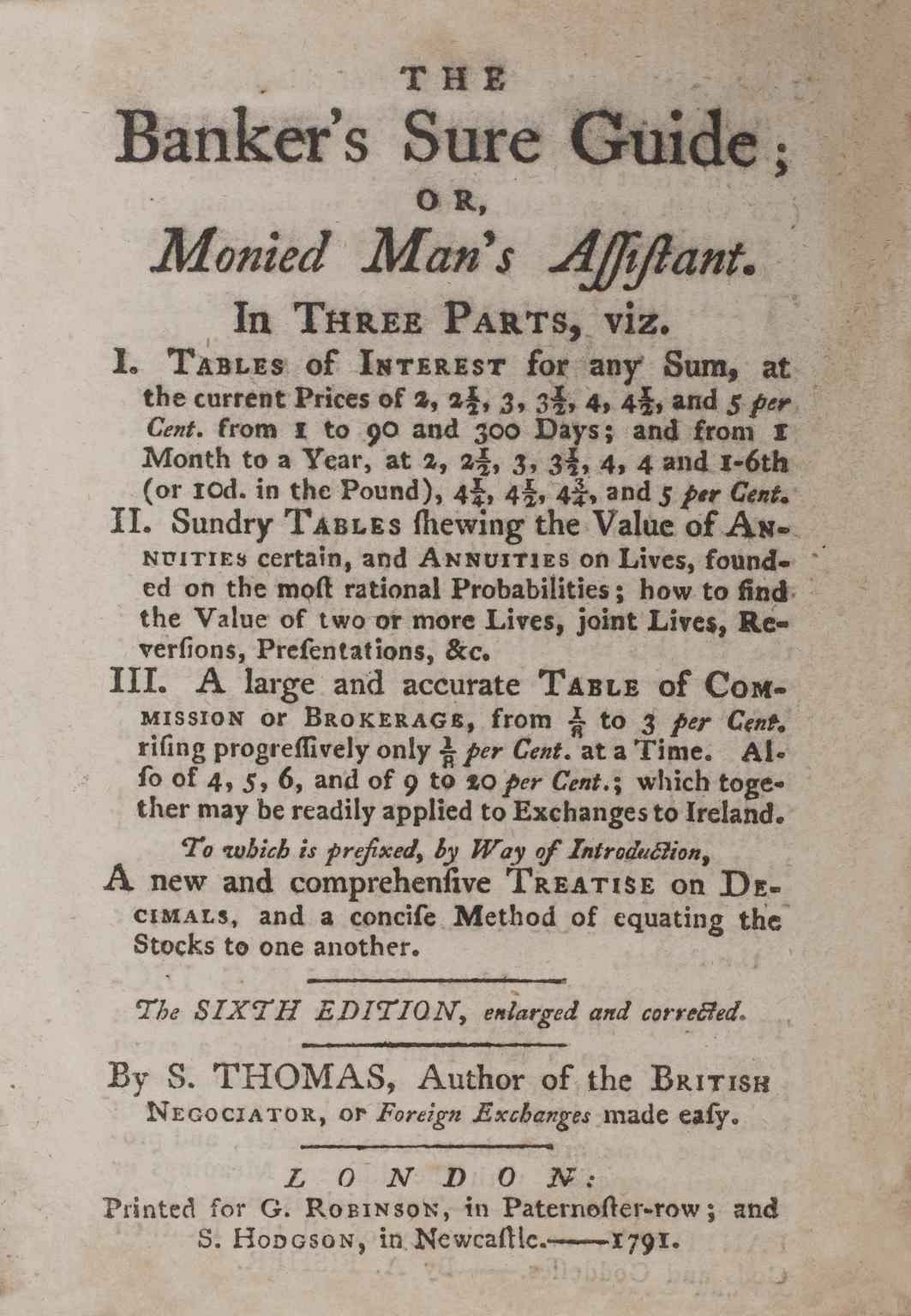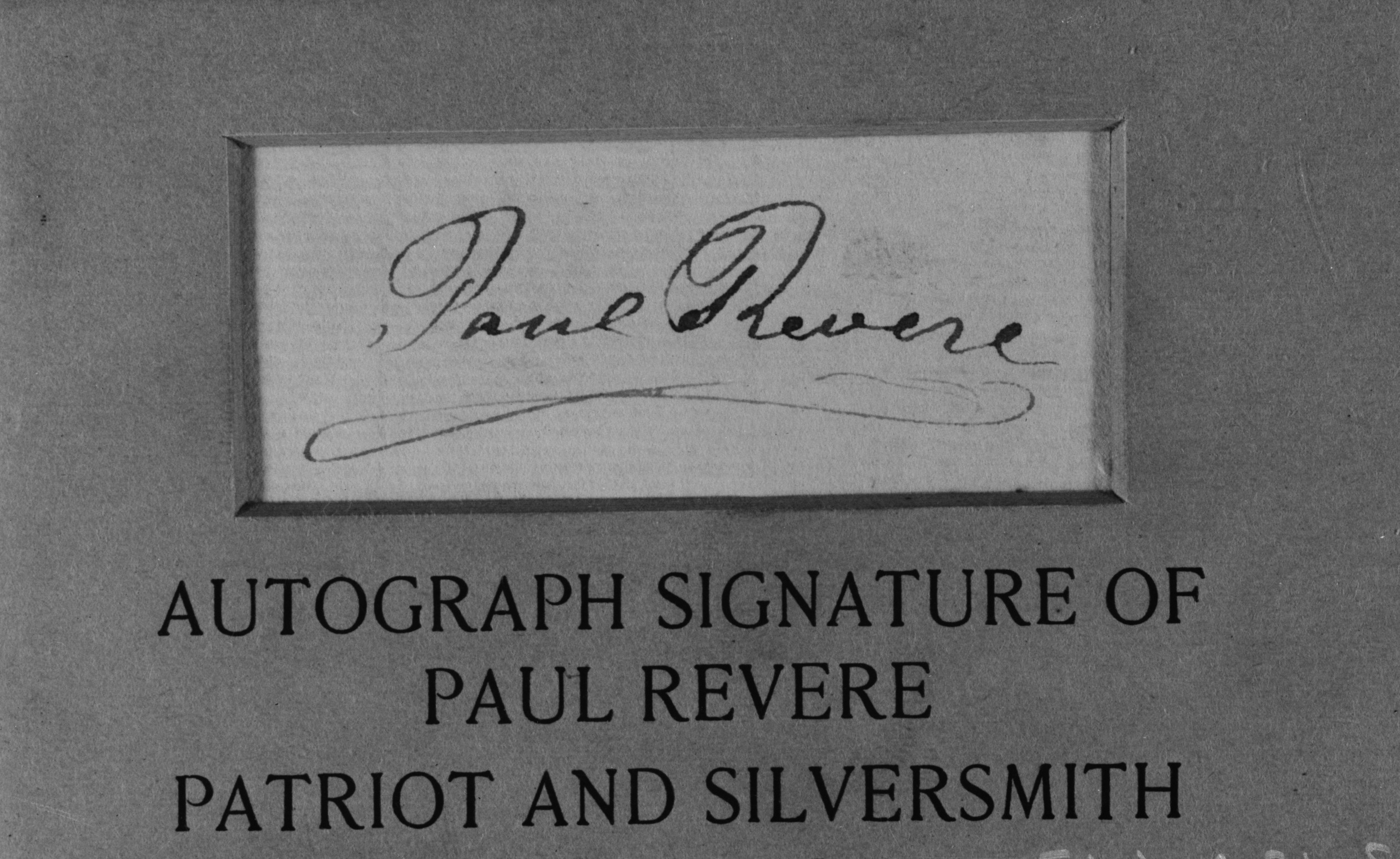
Paul Revere The Real Story
Does the name Paul Revere ring any bells? This figure from history was made large by Henry Longfellow in a celebrated poem about the American revolution. Written a century after the history it purported to cover it mythologised the events, as art often does. Paul Revere the real story tells a different tale. There is a bronze statue of Paul Revere in Boston outside his house to monumentalise his place in history. Paul Revere did ride through the night to warn colonialists that ”the British were coming.” However, the man himself was much more complex than the few facts remembered by a mythologising history.
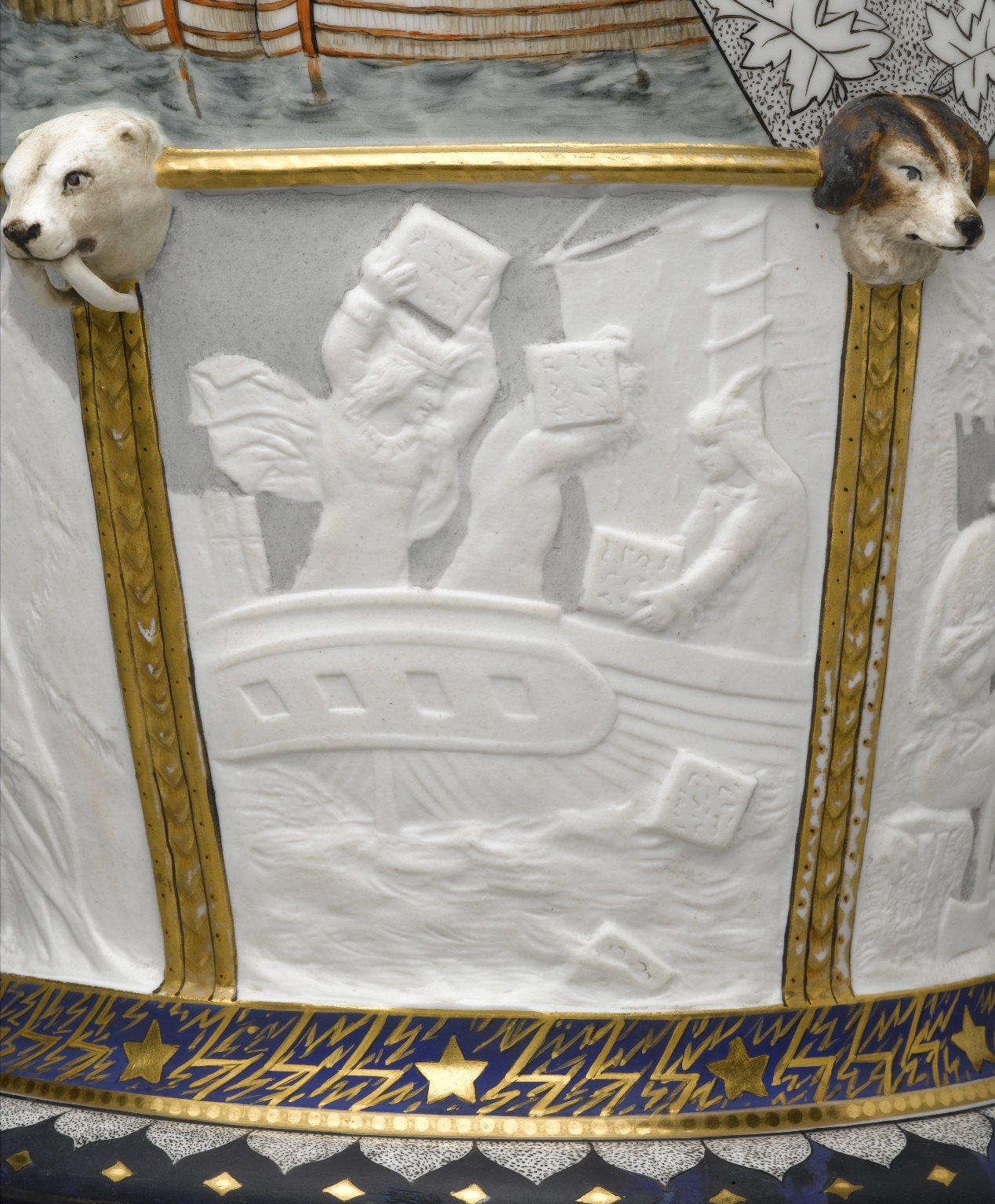
Paul Revere Tried For Cowardice
Paul Revere was tried for cowardice during the American revolution. He was a silversmith and ran a successful business in the colony of Massachusetts. Revere was a member of the original Boston tea party protest and threw British tea into the harbour. Paul Revere was a colonel in the Massachusetts militia and led an armaments detachment. It was his behaviour during the disastrous Penobscot Bay, Maine expedition that led to the charges of cowardice. The American revolution pitted civilians against trained British troops in many instances and the results were often mixed. Revere is recorded as a difficult man and leader who had trouble getting along with his fellow revolutionaries.
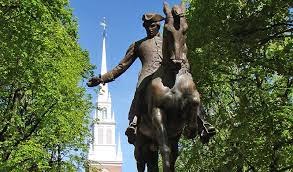
Colonel Revere & The Penobscot Bay Expedition
Successful military expeditions are dependent upon the coordinated actions by the various divisions and detachments within a force. Revere, it appears, was a poor team player and repeatedly let his comrades down over the period of the Penobscot Bay expedition by the Massachusetts militia against the British. It culminated with his refusal to go to the aid of fellow militia members during the retreat from the Royal Navy in their ignominious defeat at Majabigwaduce. It strikes me as particularly interesting that an iconic historical figure, remembered throughout the country, was actually a most unlikely candidate for such honours. Heroes are never the carboard cut-outs that superficial accounts of history make them to be.
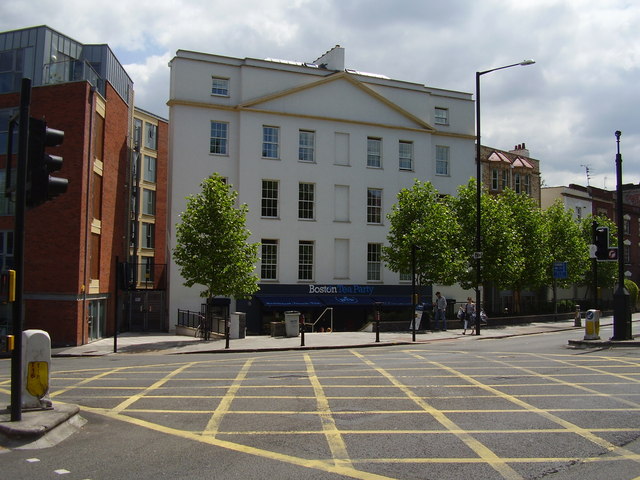
Indeed, the regimes and administrations that control the disseminations of history cut and paste the bits they wish to share and those parts they do not. Accounts of history are massaged and manipulated to tell stories that support the current administration. The version of history monumentalised is rarely more than a skeleton of the available facts. The less known the easier it is to tell whatever narrative those in charge wish to spin to the generations that come after. The American revolution, for instance, was not a people’s uprising in the true sense. It did not free slaves, indentured servants, and empower women. It was more a shift from an offshore hierarchical control to the local landed classes. The American revolution was inspired by an unwillingness to pay taxes by those propertied classes and merchants. This archetypal characteristic continues to run through many Americans and the GOP in particular.
©HouseTherapy


